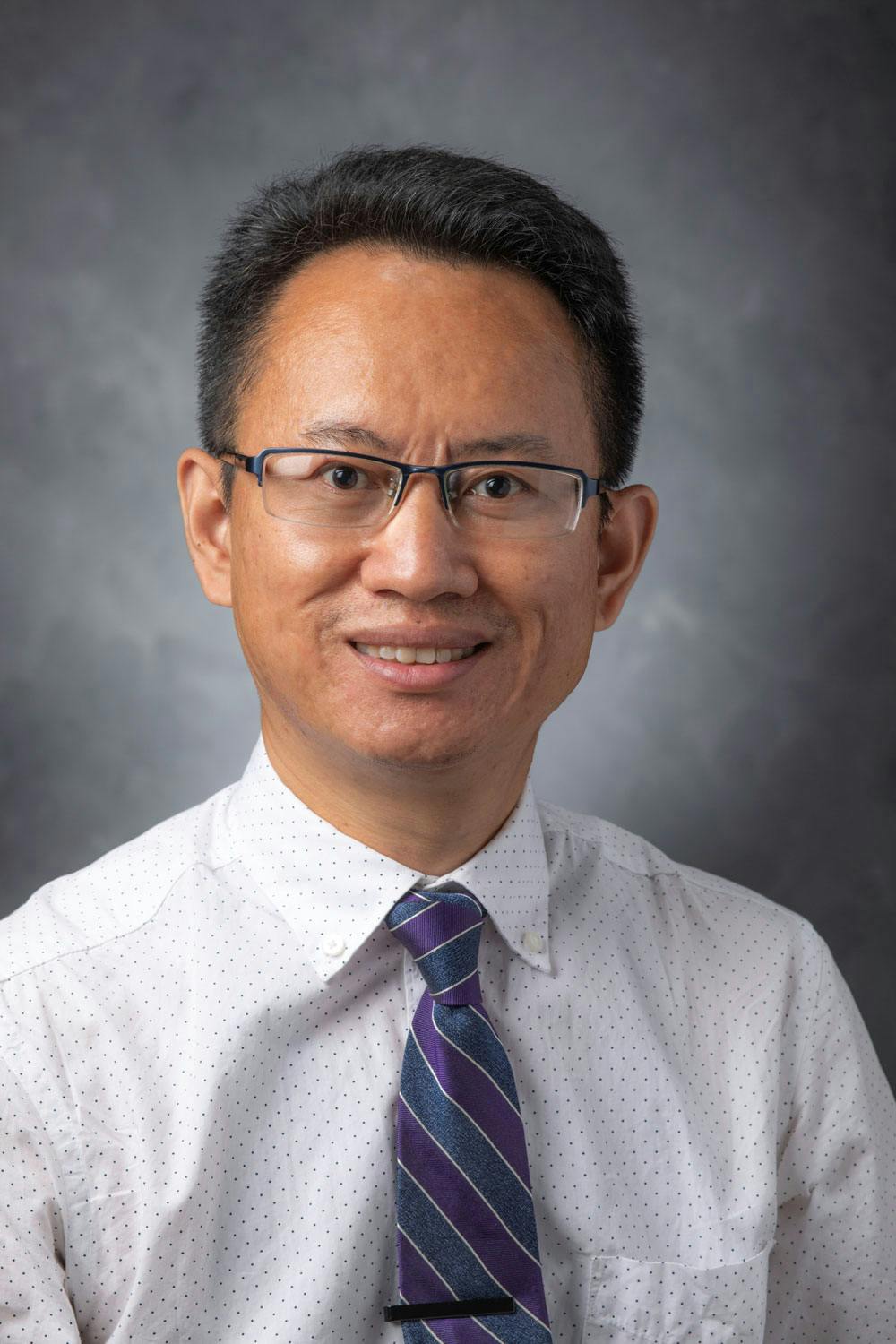An assistant professor and three doctoral students in the Mary Frances Early College of Education were recently selected as 2021 Basu Fellows by the National Association of Research in Science Teaching (NARST).
Xiaoming Zhai, an assistant professor in the department of Mathematics, Science, and Social Studies Education, as well as science education doctoral students José Manuel Pavez, Harleen Singh and Ayça Fackler, will use the fellowship to improve the experiences of students, teachers, policymakers and schools that serve underrepresented communities.

“It’s a great honor to be recognized as a Basu Fellow by NARST,” said Zhai. “The award is a great encouragement, and I will continue developing equitable and inclusive science education and addressing equity issues through my teaching and research.”
Born and raised in a low socioeconomic status (SES) family, Zhai saw first-hand the discrepancies in learning outcomes for students of varying backgrounds. As a high school physics teacher, more than half of his students were from low SES families, which inspired him to conduct two studies—one on how curriculum impacts preservice teachers’ motivation to work in low SES schools and another on how teachers’ motivations change during a four-year preparation program.
“My experiences drew my attention to low SES communities, and at the early stage of my career, I was particularly concerned about how to attract quality science teachers to serve low SES schools,” said Zhai. “Both studies uncover existing problems and mechanisms of science teacher shortages in these schools, which motivated me to further explore approaches to addressing the inequity issues in science education.”
By developing innovative assessments and supporting teachers in implementing these assessments in their classrooms, Zhai can help ensure students’ test scores are not unfairly impacted by their SES, English proficiency, gender and more. In a forthcoming publication, he calls for employing cutting-edge technologies to engage both students and teachers in innovative and equitable assessment practices to advance inclusive science education.
“I believe that understanding students is paramount to any pedagogical strategies for teachers to create effective, equitable and inclusive science learning,” he said. “However, it is well acknowledged that even quality science teachers may lack such assessment-related pedagogical content knowledge.”
During the challenging climate of race relations and COVID-19, the Basu Fellowship affirms each recipient’s commitment to pursuing equity issues in science teaching, learning and research. During the pandemic, Zhai realized that virtual education could not fully replicate in-person learning, especially for young children from low SES and underrepresented communities.
“I believe that the fundamental goal of science education is to support our students and parents to think scientifically and critically in public and personal affairs,” he said. “While innovative assessment practices are an effective means of approaching this goal, we should acknowledge that equitable and inclusive education is a systematic and joint effort of teachers, parents, researchers, policymakers and more.”